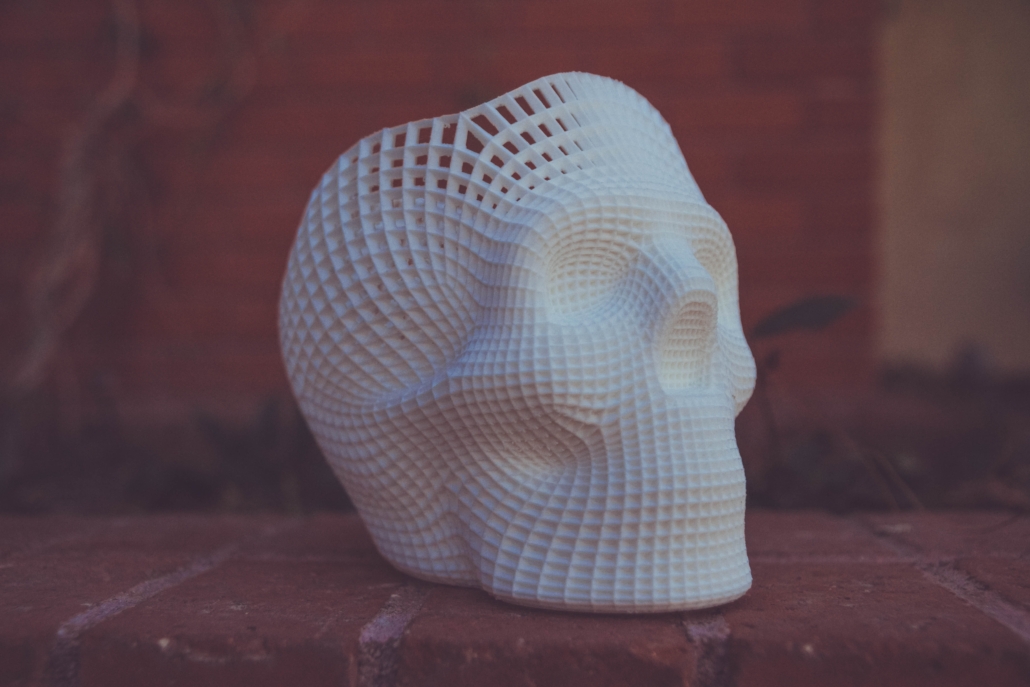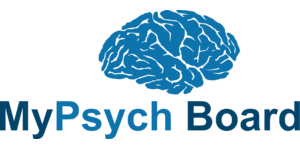Common Misconceptions- Depression

The field of mental health has come a long way over the last few decades. While work has been done to normalize the existence of mental health disorders, there are still some surprising stigmas and myths surrounding even the most common conditions. Today we’ll talk about one of the most common, Depression.
Did you know there are still stigmatic beliefs surrounding depression such as….
- It’s all in your head
- It’s just feeling sad, or because of a sad situation
- The strong genetic link in depression means if your parents have it, so will you
- Antidepressants will always cure it/are the only treatment for depression
- Antidepressants change who are you
- Once you start antidepressants, you’ll have to stay on them forever
- People who are “depressed” are just lazy
All of these statements are myths that are falsifiable by scientific literature. Let’s debunk these common misconceptions:
It’s all in your head
Depression is a complex condition involving physiological markers as well as emotional and physical symptoms. Brain scans have shown neurological differences in the brains of people who deal with depression, and those that do not. The brain is literally changed in those that live with depression, making it by virtue “all in their head”, but not in the slightest how that phrase is intended.
It’s just feeling sad, or because of a sad situation
Major Depressive Disorder extends beyond situational issues, and runs much deeper than occasional sadness. It involves continual, unrelenting feelings of despair, emptiness, apathy, and hopelessness. Everything can be going right in this person’s life, but it doesn’t change the neurochemical and psychological pain they experience.
The strong genetic link in depression means if you parents have it, so will you
There are genetic components, but the hereditary nature of it is not that determinate. While there are steps you can take to decrease your risk of depression, just having an immediate family member with the condition does not mean you will develop it.
Antidepressants will always cure it/are the only treatment for it/will change you/…stay on them forever
Antidepressants are one of the many tools used to combat depression, but they don’t work for everyone. There’s a lot of trial and error finding the right one, but there are other options as well such as lifestyle changes, psychotherapy, and alternative therapies. Depression can ebb and flow and go into remission-like states; just because you start a pharmaceutical therapy doesn’t mean you’ll be on it forever. Many people stop and start antidepressant medications and are able to take it as needed, not just on a continual basis.
People who are “depressed” are just lazy
And finally, the stigma that people who suffer from depression are just lazy is thought from ignorance. Individuals who deal with this battle the desire to have an active role in their own lives, while literally being beat down by their own mind and brain. It is one of the hardest battles to overcome, and those that do it are the opposite of lazy– they’re superheroes.
If you think you are dealing with depression, reach out to someone. Another myth is that talking about it won’t change anything–and it’s wrong. Talking to a trusted source can make all the difference in the world. If you want more information, we talk extensively on this condition specifically here.
Ready to learn more? Give our question banks a try- FREE- using our Free Trial! Or if you’re ready to take the plunge, check out our Question Banks.

